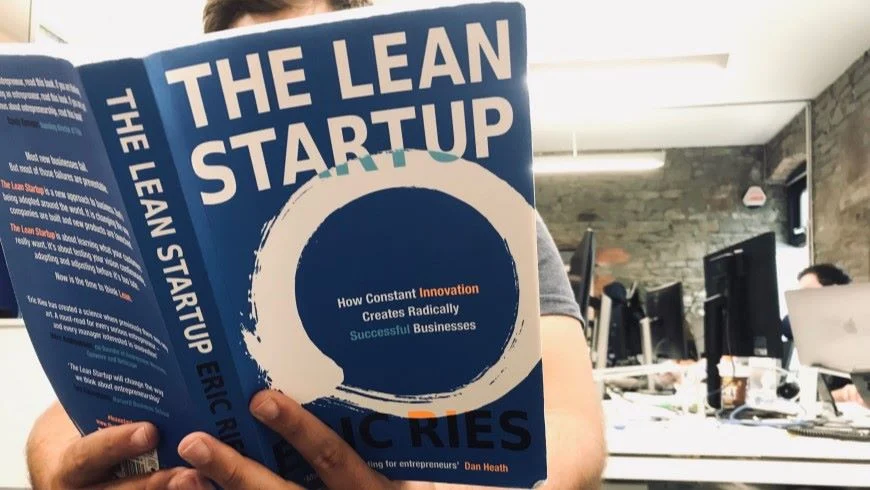
The Lean Startup Methodology is a business approach that focuses on building and scaling startups efficiently by minimizing waste and maximizing learning. It was developed by Eric Ries and is based on principles of agility, rapid experimentation, and customer feedback to create successful products.
1. Build-Measure-Learn Cycle
Description: This is the core principle of Lean Startup, emphasizing continuous learning.
Key Insight: Start with a Minimum Viable Product (MVP), measure user response, and learn from the data to make improvements.
2. Minimum Viable Product (MVP)
Description: A simplified version of a product with essential features to test the market.
Key Insight: Launch quickly with a basic product, gather user feedback, and iterate based on insights rather than assumptions.
3. Validated Learning
Description: Making business decisions based on real customer data rather than intuition.
Key Insight: Use A/B testing, customer interviews, and analytics to test hypotheses and make informed decisions.
4. Pivot or Persevere
Description: After analyzing feedback, a startup must decide whether to continue on the same path or change direction.
Key Insight: If a product is not meeting market needs, pivot (change approach) instead of wasting resources; if it shows promise, persevere and refine it.
5. Innovation Accounting
Description: A systematic way to measure progress and success in a startup.
Key Insight: Instead of relying on vanity metrics (e.g., total users), focus on actionable metrics like customer retention and conversion rates.
6. Continuous Deployment
Description: Releasing updates and improvements frequently to keep up with user needs.
Key Insight: Small, frequent releases allow startups to adapt quickly based on feedback rather than waiting for a “perfect” product.
7. Customer Development
Description: Engaging with real users early to validate ideas.
Key Insight: Conduct interviews, surveys, and usability tests to ensure the product truly solves customer problems.
8. Lean Thinking & Waste Reduction
Description: Eliminating unnecessary processes that don’t add value.
Key Insight: Avoid over-engineering, excess features, and unnecessary costs to remain agile and efficient.
9. Agile Development
Description: Using agile methodologies to develop products in small, iterative steps.
Key Insight: Implement Scrum or Kanban to improve collaboration, adapt quickly, and enhance team efficiency.
10. Scalability & Growth
Description: Expanding the business once a viable product-market fit is achieved.
Key Insight: Use growth hacking strategies, data-driven marketing, and automation to scale efficiently.
Conclusion
The Lean Startup Methodology helps entrepreneurs minimize risks, save resources, and increase the chances of success by emphasizing continuous learning, customer feedback, and flexibility. It is a powerful framework for startups aiming to create innovative and market-driven products.
No related posts found.